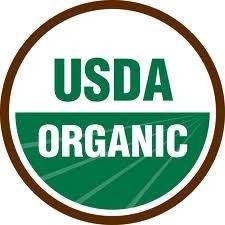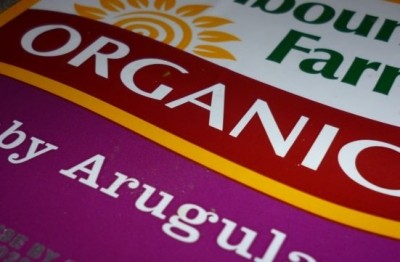US and Canada compromise on organic equivalency for certain meats, dairy

To qualify as organic in the US, ruminants must receive 30% of their feed during the grazing season from organic pasture, and must be out on pasture at least 120 days per year, with year-round access to the outdoors and living conditions that allow for natural livestock behavior.
In order to streamline organic trade, the two countries have agreed to scrap an additional requirement for US ruminants regarding stocking rates, or how many animals are allowed in a given area.
Deputy administrator of the USDA National Organic Program Miles McEvoy said in a statement: “The USDA organic regulations hold ruminant producers to strict standards. We are pleased that Canada agrees that these requirements meet or exceed its standards.”
Products for non-ruminant animals, such as poultry and swine, are not included under this latest agreement. Such products must still be verified under Canadian rules on stocking rates in order to qualify as organic.
Ongoing harmonization
This latest change is part of ongoing efforts in both countries to harmonize organic standards. The USDA and Canadian Food Inspection Agency came to an agreement on organic equivalency standards in June 2009, in order to expand organic trade opportunities.
It allowed for both the USDA Organic seal and the Canada Organic Biologique logo to be used on certified products in either country.
There had been concerns about differences between Canada’s organic certification standards and American organic regulation, with one of the major ones being that some US organic farms allow the use of sodium nitrate in soil, while it is not permitted on Canadian organic farms.
The countries came to a compromise, allowing products that have been certified as organic under US rules to stay on the market, but this has since been phased out. Since July 2009, agricultural products produced with the use of sodium nitrate are not allowed to be sold or marketed as organic in Canada.


















